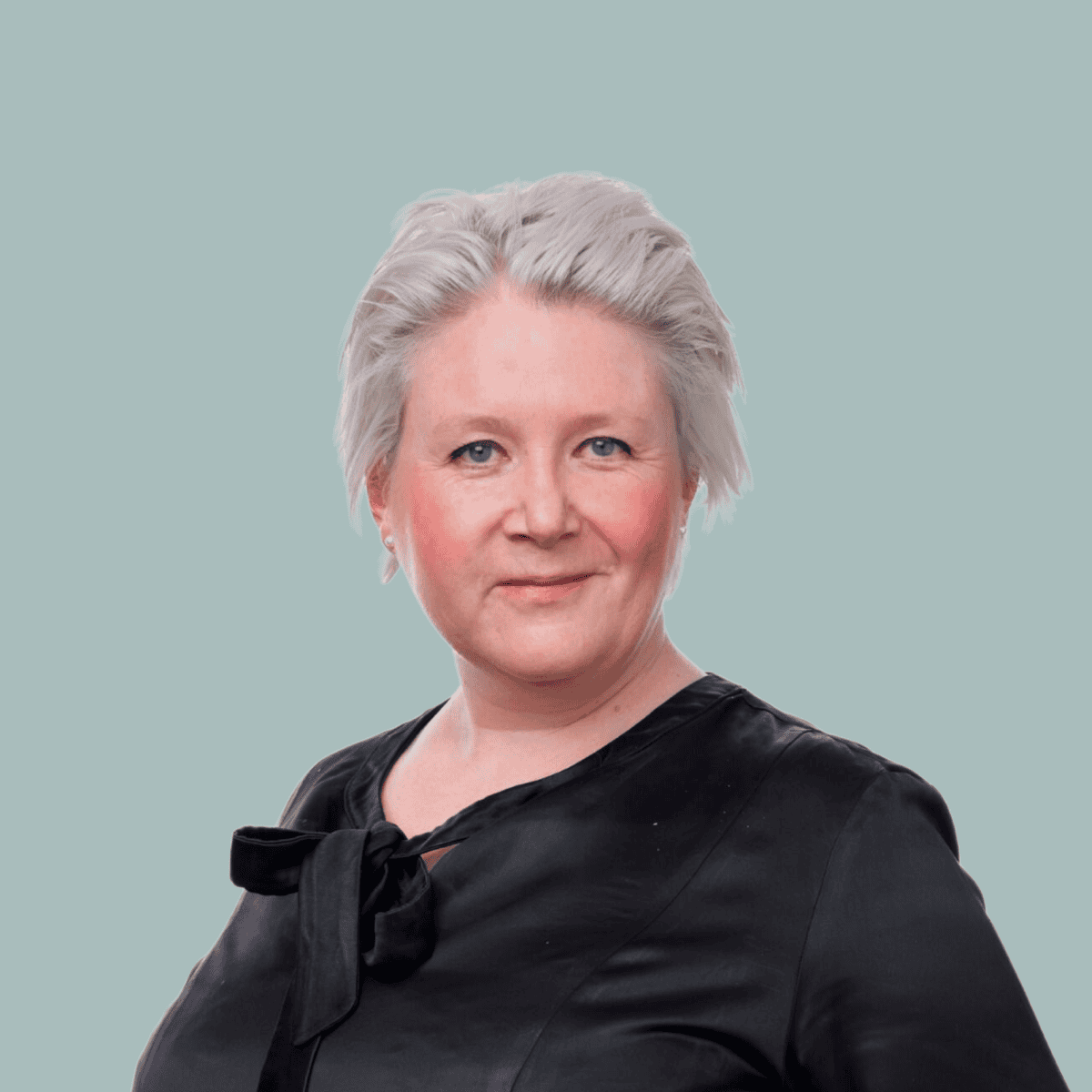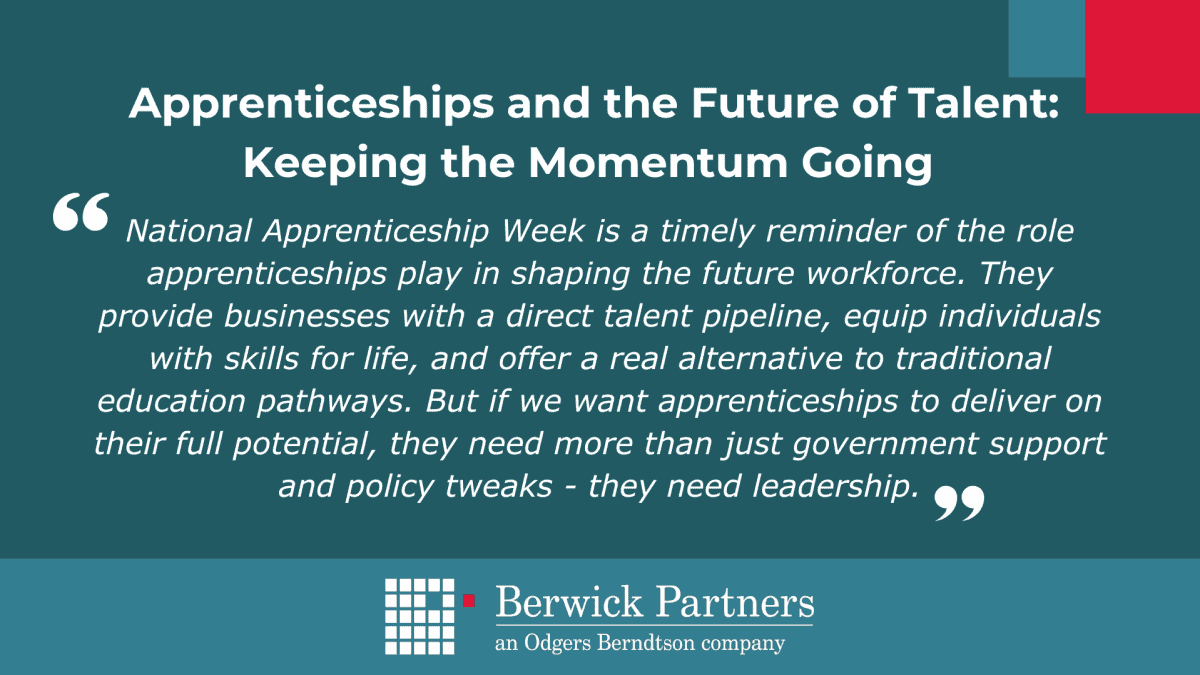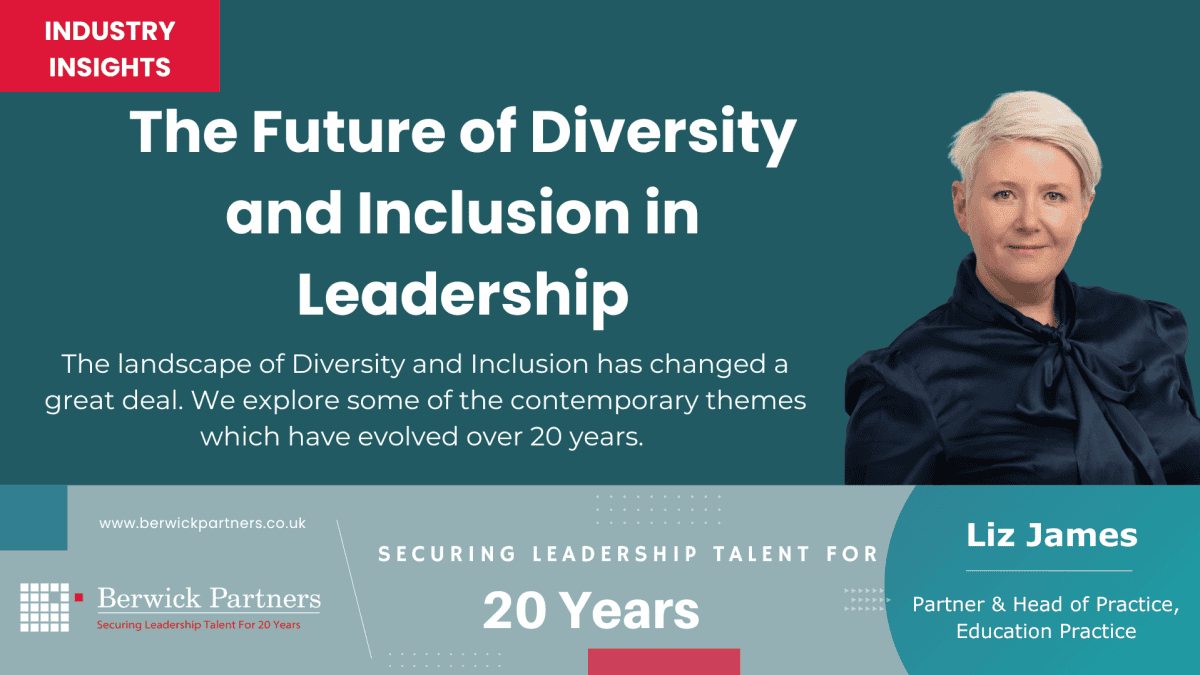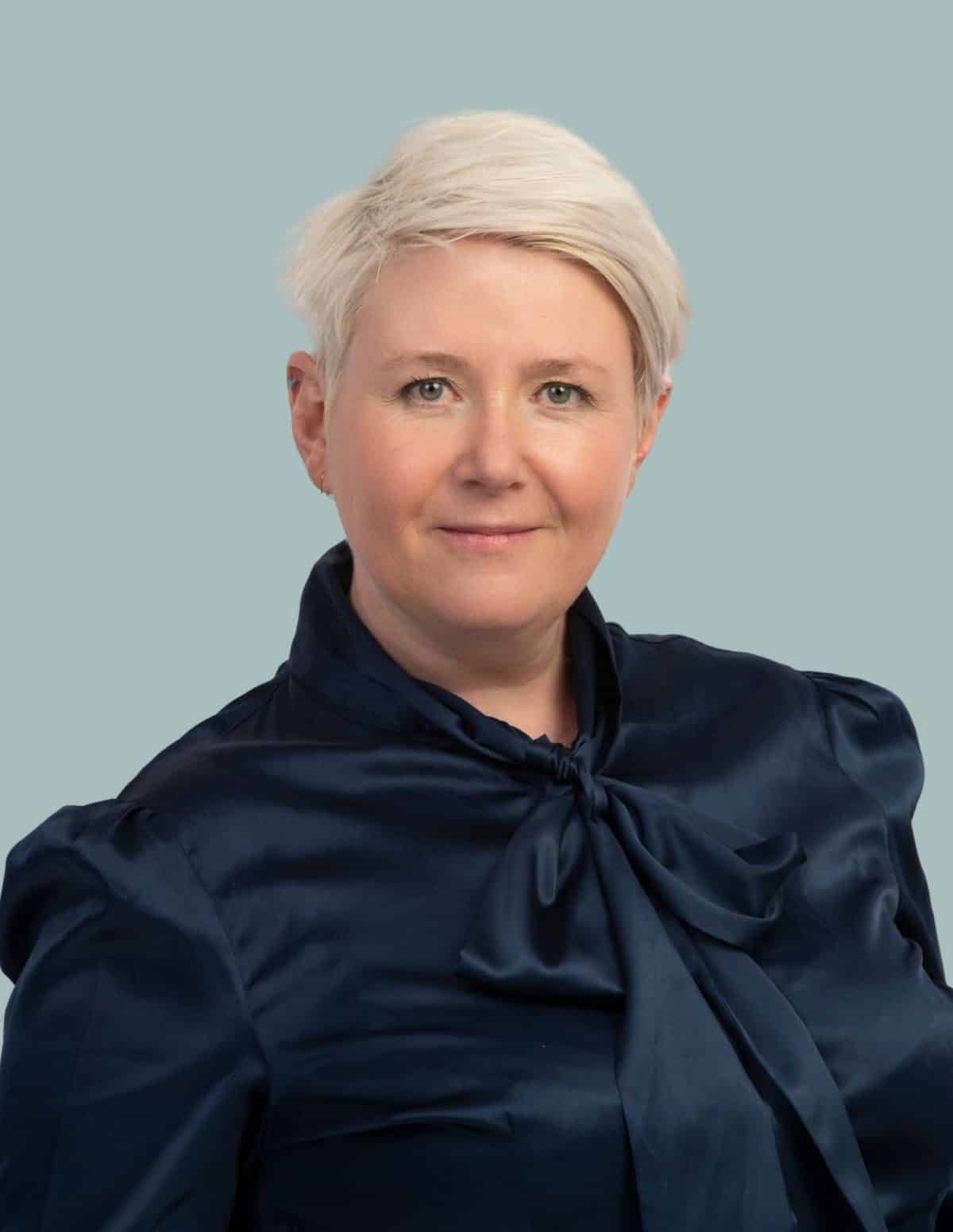Five week focus on Education: The inspirational career of Professor Paul Jennings
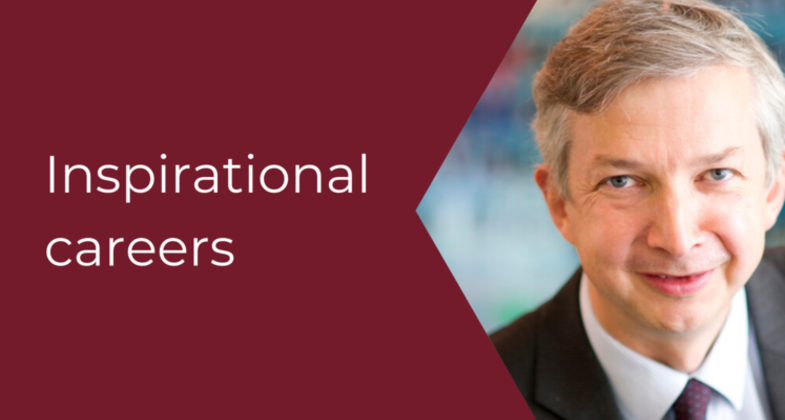
An interview with Professor Paul Jennings, Head of the Intelligent Vehicles Research Directorate and Interim Director of Research WMG, University of Warwick.
Professor Paul Jennings’ career spans some of the most innovative and exciting areas of engineering. He currently leads WMG’s Intelligent Vehicles Research Directorate, which plays a key role in the emergence of autonomous vehicles as part of the UK economy. He is also the Interim Director of Research for WMG, which effectively sees him managing all research-active staff.
WMG is the leading international role model for successful collaboration between academia and the private and public sectors. An academic department of the University of Warwick, its research operates at the cutting edge of subject areas including digital technologies, organisational and societal transformation, and energy. Paul joined WMG in 1992 and has been integral to its success to date. In week three of our ‘Five week focus on Education’, we examine Paul’s journey, highlighting the factors that have enabled his contribution to WMG’s incredible body of impactful, meaningful research.
Paul began his career working in the private sector and he believes that this has greatly enhanced his ability to work with commercial partners, as he understands their need to identify the business opportunity but is equally mindful of the societal impact of this work. Indeed, his ability to view WMG’s work from a holistic perspective is remarkable. For example, the changing relationship that communities have with vehicles and how that will transcend physical infrastructure, the role of government, and, of course, the need for ethical parameters to surround emergent technologies such as intelligent vehicles, are all issues that drive the work of Paul and his research group.
That said, despite the fact that he is tackling what are effectively existential considerations, Paul’s starting point is firmly embedded in hard science and engineering. He believes that WMG’s success to date is partially due to an iterative approach where ideas have started out on a small scale in order to deliver, thereby building trust with partners and funders and subsequently developing scale, reach and complexity. One of academia’s longstanding challenges has been the extent to which it can break down siloes and deliver research that is truly interdisciplinary, and this is where Paul’s work has come into its own.
Industry is clear about what it needs from WMG, and Paul is able to pull together the relevant team based on their expertise rather than which department they sit in. Furthermore, he is a clear interlocutor between all parties, which means that their expectations with regard to publications and intellectual property are managed throughout. For many academics, the discipline focus of journals stymies their ambition to work in a truly interdisciplinary way. Yet Paul looks beyond this, and this ambition has been recognised by the group performing well in the 2008 Research Assessment Exercise and the 2014 Research Excellence Framework alike. In Paul’s words, “success begets success”, which is no doubt the key to his ever-growing list of successful funding applications and, indeed, the interest in his work from all parts of the economy.
Another aspect of Paul’s work is PhD supervision, where he is in high demand. Yet Paul does not like the term ’supervisor.’ His preference is to operate as a mentor, as the project has to ultimately be driven by the PhD candidate and they need to feel empowered to do that. Allied to this is the long list of people who have developed their careers within his research groups and then gone on to deliver world-class research and impact in their own right. This is something that Paul is rightly proud of and there can be no question as to the contribution that he has made to research beyond his own work.
In conclusion, it is a rare mix of skills that have driven Paul’s career to date. His ability to translate the needs of business into the context of world class research all the while framing it within the context of communities and keeping an eye on the objectives that are held by funders tells a compelling story. Certainly, whilst the legacy of his research alone is hard to match, the way that he has achieved it, reaches even further.
For more information please contact Elizabeth James, Partner and head of the Education Practice at Berwick Partners, specialising in recruiting academic and professional services leadership appointments across the Higher Education sector.


